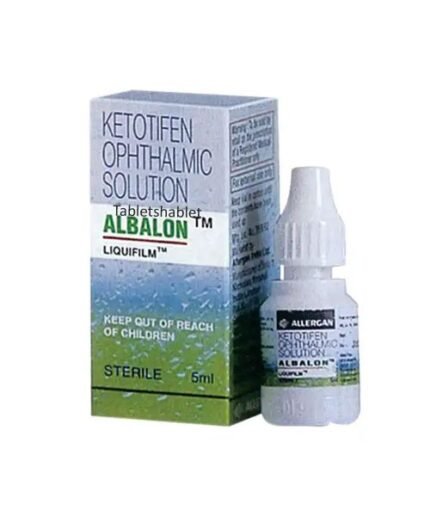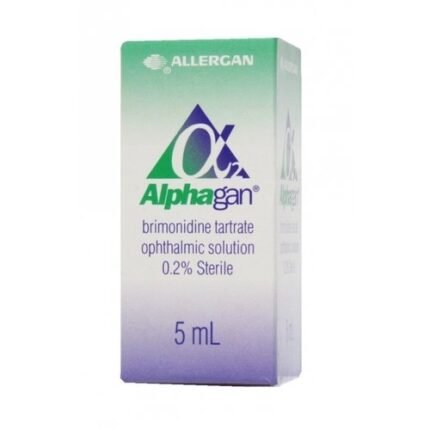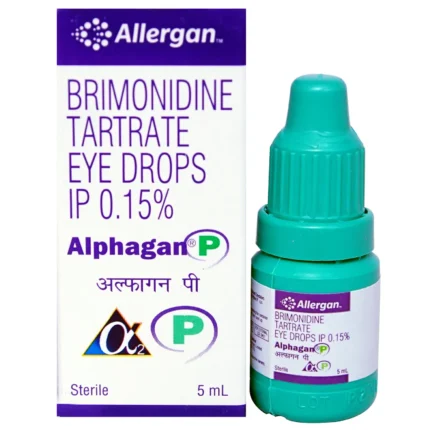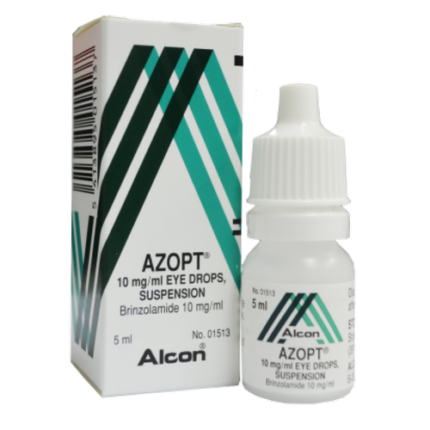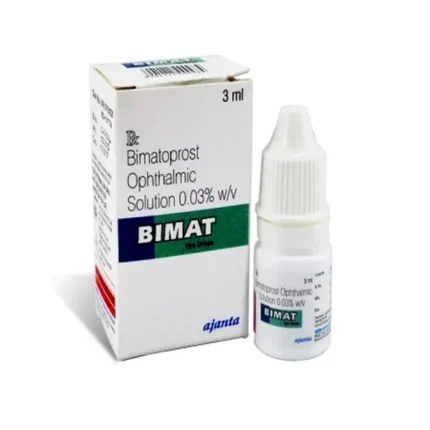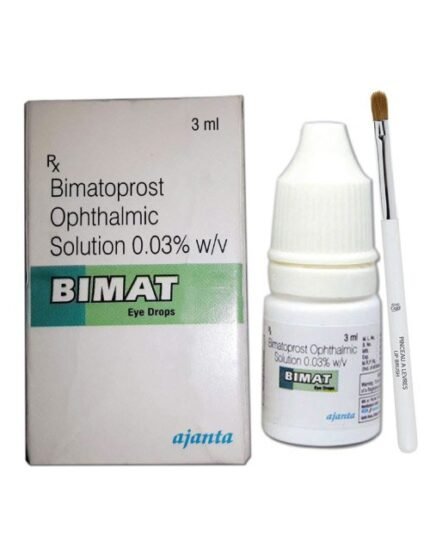Eye Care Medications: Protect Your Vision and Prevent Eye Disorders
Your eyes are one of your most vital senses, and proper eye care is essential for maintaining clear vision and preventing long-term complications. Whether you’re dealing with dry eyes, allergies, infections, or glaucoma, the right eye care medications can help restore comfort and preserve your eye health.
This comprehensive guide covers common eye conditions, treatment options, and the best medications available for protecting your vision.
9 PM Eye Drop (2.5ml)
Price range: $19.00 through $103.00Albalon Eye Drop (5ml)
Price range: $10.00 through $54.00Alphagan Eye Drop (5ml)
Price range: $36.00 through $130.00Alphagan P Eye Drop (5ml)
Price range: $14.00 through $76.00Azopt Eye Drop (5ml)
Price range: $22.00 through $119.00Betagan Eye Drop (5ml)
Price range: $26.00 through $94.00Bimat Eye Drop
Price range: $66.00 through $155.00Bimat Eye Drops (3ml)
Price range: $39.00 through $140.00Bimat Eye Drops (With Brush)
Price range: $44.00 through $158.00Why Eye Care Matters
Vision problems can develop gradually or suddenly. Early intervention with proper medication can prevent further damage and reduce discomfort. Eye care isn’t just about seeing clearly—it’s about protecting your overall well-being.
Common Eye Conditions
| Condition | Symptoms |
|---|---|
| Dry Eye Syndrome | Burning, irritation, sensitivity to light |
| Conjunctivitis (Pink Eye) | Redness, itchiness, watery discharge |
| Allergic Eye Reactions | Itching, redness, swelling |
| Glaucoma | Increased eye pressure, vision loss risk |
| Eye Infections | Pain, discharge, blurred vision |
| Cataracts | Cloudy vision, light sensitivity |
Types of Eye Medications
💧 1. Lubricating Eye Drops (Artificial Tears)
-
Examples: Refresh Tears, Systane, Tear Naturale
-
Use: Relieves dryness, irritation, burning sensation
💊 2. Antibiotic Eye Drops/Ointments
-
Examples: Moxifloxacin, Chloramphenicol, Tobramycin
-
Use: Treats bacterial infections like conjunctivitis and blepharitis
🌸 3. Antihistamine Eye Drops
-
Examples: Olopatadine, Ketotifen, Azelastine
-
Use: Relieves allergic symptoms like itching, redness, and swelling
🧪 4. Anti-inflammatory Eye Drops
-
Examples: Prednisolone, Fluorometholone
-
Use: Reduces inflammation after surgery or due to eye irritation
🔒 5. Glaucoma Medications (IOP-Lowering)
-
Examples: Latanoprost, Timolol, Bimatoprost
-
Use: Decrease intraocular pressure to prevent optic nerve damage
👁️ 6. Eye Vitamin Supplements
-
Examples: Lutein, Zeaxanthin, Vitamin A, C, E
-
Use: Protects against age-related macular degeneration (AMD)
Best-Selling Eye Care Medications Online
| Product Name | Form | Purpose |
|---|---|---|
| Moxifloxacin Eye Drops | Drops | Bacterial eye infections |
| Bimat Eye Drops (Bimatoprost) | Drops | Glaucoma, eyelash growth |
| Olopat Eye Drops | Drops | Eye allergies relief |
| Refresh Tears | Artificial Tears | Dry eyes and irritation |
| Timolol Eye Drops | Drops | Lowering intraocular pressure |
| Pred Forte (Prednisolone) | Drops | Anti-inflammatory post-surgery |
How Eye Medications Work
-
Lubricants coat the eye surface to prevent dryness
-
Antibiotics eliminate harmful bacteria causing infections
-
Antihistamines block histamine release to reduce allergic symptoms
-
Steroids lower inflammation and redness
-
Glaucoma drops improve fluid drainage or reduce production
Tips for Proper Eye Medication Use
✅ Wash hands before and after applying drops
✅ Avoid touching the tip of the dropper to your eye
✅ Wait 5–10 minutes between multiple drops or medications
✅ Store drops as directed (some may require refrigeration)
✅ Remove contact lenses if instructed
Side Effects to Watch For
| Medication Type | Possible Side Effects |
|---|---|
| Artificial Tears | Temporary blurred vision, stinging |
| Antibiotics | Redness, irritation, allergic reaction |
| Antihistamines | Dryness, burning, temporary vision changes |
| Glaucoma Drops | Eye color change, eyelash growth, irritation |
| Steroids | Increased eye pressure, delayed healing |
Who Needs Eye Medications?
-
People with chronic dry eye or allergies
-
Those recovering from eye surgeries
-
Individuals diagnosed with glaucoma
-
People exposed to dust, pollution, or screen time
-
Anyone experiencing infections or eye discomfort
FAQs About Eye Care and Medications
Can I use eye drops daily?
Yes, especially lubricating drops—but consult your doctor for medicated drops.
How do I know if I have an eye infection?
Look for symptoms like discharge, pain, redness, and blurred vision.
Are eye drops safe for children?
Yes, but use age-appropriate formulations and consult a pediatric eye doctor.
Can I wear contact lenses with eye drops?
Not all drops are lens-compatible. Remove contacts unless drops are approved for use with them.
Conclusion
Your vision deserves the best care. Whether you're dealing with allergies, dryness, or more serious conditions like glaucoma, our curated selection of eye care medications offers trusted, effective relief. Act early, treat gently, and keep your eyes healthy for life.
Explore our eye care range today and see the difference.



